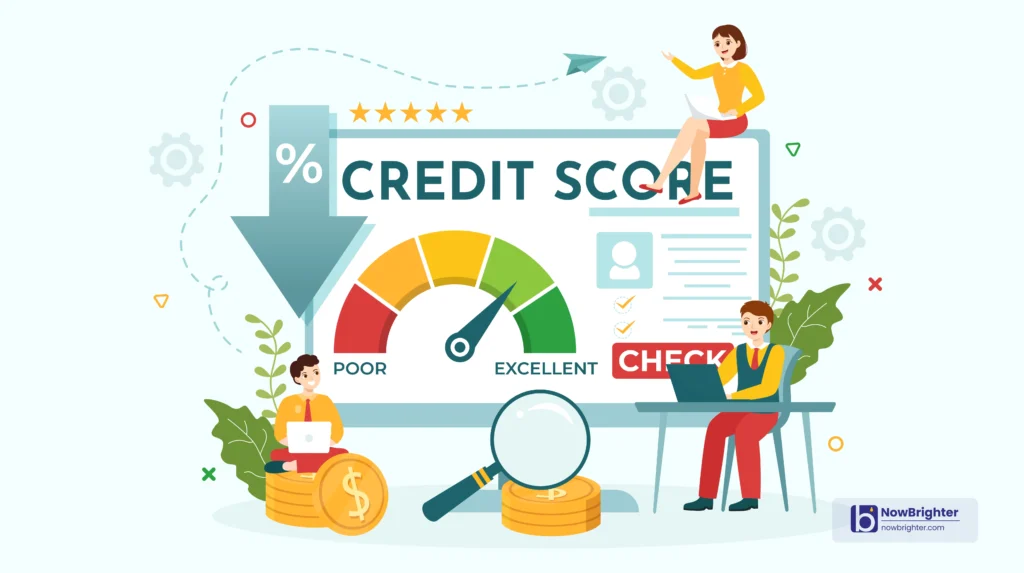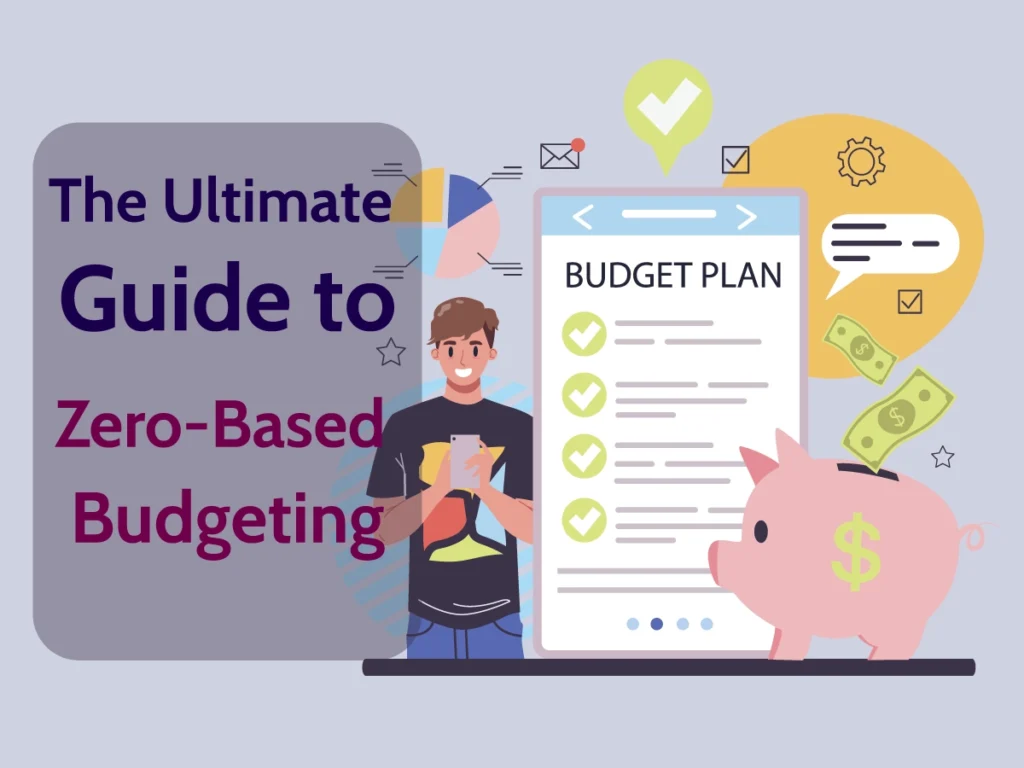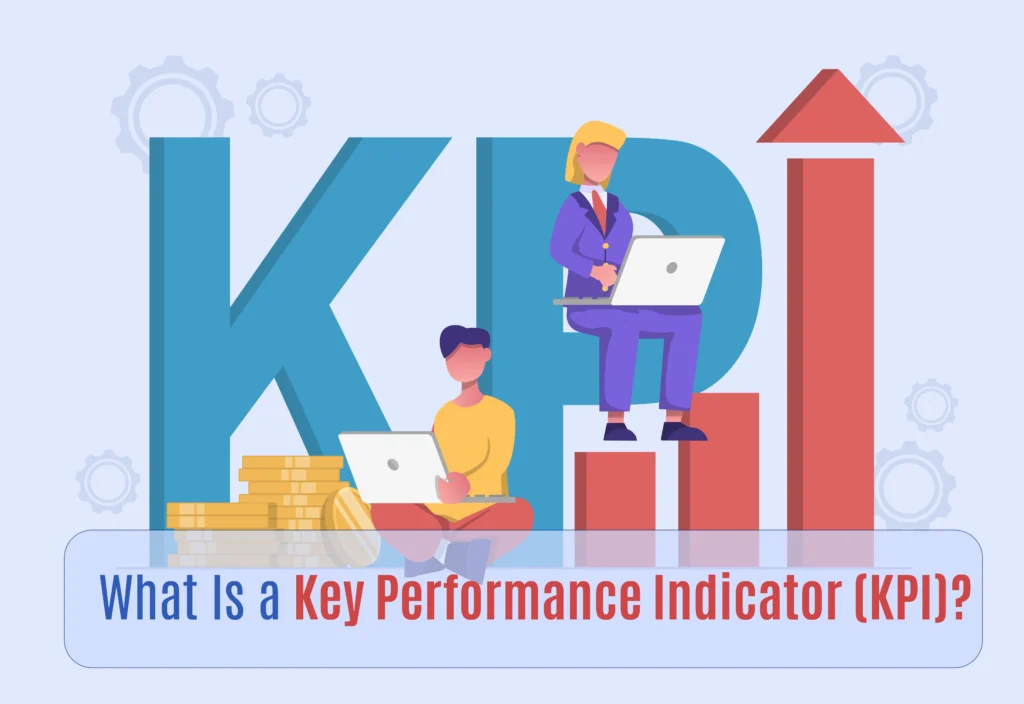Credit Score 101: Understanding What Impacts Your Credit Score
Your credit score is one of the most important numbers in your financial life. It determines whether you qualify for loans, what interest rates you’ll be offered, and can even impact your ability to rent a home or secure certain jobs. Understanding how your credit score is calculated and what impacts it is essential for managing your financial health. Whether you’re trying to improve your credit or maintain a solid score, knowing the factors that affect it can help you make informed financial decisions.
In this comprehensive guide, we’ll break down everything you need to know about credit scores: how they are calculated, what affects them, and practical tips for improving and protecting your score.

What is a Credit Score?
A credit score is a numerical representation of your creditworthiness—a measure of how likely you are to repay debts. It’s based on information in your credit report and is used by lenders to assess the risk of lending money to you. The higher your score, the more creditworthy you appear, which can result in better interest rates, loan approvals, and more favorable credit terms.
Purpose of a Credit Score
Credit scores are primarily used by lenders—banks, credit card companies, mortgage providers, and auto lenders—to determine whether they should lend you money or approve your credit application. A high credit score suggests that you are responsible with credit and are likely to repay loans on time, while a low score may indicate higher risk.
However, credit scores are used in more than just lending decisions. Landlords may check your credit before renting to you, insurers might use it to determine your premiums, and even some employers may review your credit as part of the hiring process, especially for positions involving financial responsibility.
Credit Score Ranges
Credit scores typically fall into specific ranges, each representing different levels of creditworthiness. Understanding these ranges can help you see where you stand and what kind of financial products you may qualify for.
Excellent Credit (750-850)
If your credit score is between 750 and 850, you’re in excellent standing. Borrowers with excellent credit are more likely to receive the best interest rates on loans and credit cards, qualify for premium credit products, and have greater financial flexibility. Lenders view individuals in this range as low risk, which can translate into substantial savings over time.
Good Credit (700-749)
A score in the 700 to 749 range is considered good. While you may not receive the absolute lowest interest rates, you will still qualify for favorable terms on most loans, credit cards, and mortgages. A score in this range demonstrates solid financial responsibility.
Fair Credit (650-699)
Fair credit falls between 650 and 699. Borrowers with fair credit may have more difficulty securing loans or may face higher interest rates and fees. Lenders might view applicants in this range as higher risk, making it essential to work on improving your credit score if you fall within this category.
Poor Credit (600 and below)
A score below 600 is considered poor. Borrowers with poor credit typically struggle to qualify for credit cards, loans, or mortgages, and if they do, they often face very high interest rates. It’s crucial for individuals with poor credit to focus on rebuilding their score to access better financial opportunities.
How Credit Scores Are Calculated
Your credit score is calculated based on several factors, each contributing differently to your overall score. The most commonly used credit scoring model is the FICO score, which weighs five major factors:
Payment History (35%)
Payment history is the most important factor in determining your credit score, accounting for 35% of the total score. Lenders want to know if you’ve paid your past credit accounts on time, as this indicates whether you’re likely to pay future debts as agreed.
On-Time Payments
Making consistent on-time payments is the best way to build and maintain a high credit score. Each time you make a payment by its due date, it’s reported to the credit bureaus and positively impacts your payment history. This includes payments on credit cards, loans, mortgages, and even some utilities.
Late Payments and Defaults
Missing payments, defaulting on loans, or having accounts sent to collections can severely damage your credit score. A single missed payment can remain on your credit report for seven years, though its impact lessens over time. Defaults and bankruptcy have even longer-lasting effects, often lowering your score significantly and making it difficult to qualify for credit in the future.
Credit Utilization (30%)
Credit utilization refers to the amount of your available credit that you’re using. It’s the second most important factor in your credit score calculation, making up 30% of the total score.
What is Credit Utilization?
Your credit utilization ratio is calculated by dividing your total credit card balances by your total credit limits. For example, if you have a combined credit limit of $10,000 and your balances total $3,000, your credit utilization ratio is 30%.
Ideal Credit Utilization Ratio
Experts recommend keeping your credit utilization below 30%. If your utilization rate is too high, it can signal to lenders that you may be overextended and unable to pay off your debts. Reducing your credit card balances can improve your credit utilization ratio, and in turn, raise your credit score.
Length of Credit History (15%)
The length of your credit history accounts for 15% of your credit score. This factor considers how long you’ve had credit accounts open, the age of your oldest account, and the average age of all your accounts.
Age of Oldest Account
The longer your credit accounts have been open, the better it is for your credit score. Lenders like to see a long history of responsible credit management, as this demonstrates financial stability. Closing your oldest account could negatively impact your credit score, as it reduces your overall credit history length.
Average Age of Accounts
In addition to the age of your oldest account, credit scoring models look at the average age of all your accounts. Opening new accounts frequently can lower the average age of your credit history, potentially hurting your score.
Credit Mix (10%)
Credit mix refers to the different types of credit accounts you have, such as credit cards, mortgages, car loans, and personal loans. Having a mix of credit types accounts for 10% of your credit score.
Types of Credit Accounts
Creditors like to see that you can manage different types of credit responsibly. A healthy credit mix might include both revolving credit (credit cards) and installment loans (mortgages, auto loans). However, you shouldn’t open new credit accounts solely to improve your credit mix; doing so may not have a significant impact and could backfire.
Revolving Credit vs. Installment Loans
Revolving credit, such as credit cards, allows you to borrow and repay repeatedly up to a set credit limit. Installment loans, such as car loans and mortgages, are paid back in fixed monthly payments over a specific period. Having both types of credit in your profile shows that you can manage a variety of financial obligations.
New Credit Inquiries (10%)
New credit inquiries account for the final 10% of your credit score. Whenever you apply for new credit, the lender makes an inquiry into your credit report, which can temporarily lower your score.
Hard Inquiries
A hard inquiry occurs when a lender checks your credit as part of a loan or credit application. Too many hard inquiries within a short time frame can signal to lenders that you’re desperate for credit or may be planning to take on too much debt. Hard inquiries stay on your credit report for up to two years, but their impact on your score decreases over time.
Soft Inquiries
Soft inquiries occur when you check your own credit or when a lender pre-approves you for an offer without a formal credit application. Unlike hard inquiries, soft inquiries do not affect your credit score.
≫ Related Post: How to Build Credit from Scratch
Factors That Can Negatively Impact Your Credit Score
Maintaining a good credit score requires careful financial management. There are several actions and behaviors that can negatively impact your score, and avoiding them is crucial to protecting your creditworthiness.
Late or Missed Payments
Late or missed payments are one of the most damaging factors for your credit score. Even one missed payment can cause a significant drop in your score and stay on your credit report for seven years. To avoid this, consider setting up automatic payments or payment reminders.
High Credit Utilization
Using too much of your available credit can lower your score, even if you’re making payments on time. Keeping your credit utilization below 30% is ideal, and paying down large balances can quickly improve your score.
Closing Old Credit Accounts
Closing a credit account, especially one with a long history, can hurt your score by reducing the average age of your credit history. Unless you have a specific reason for closing an account, such as avoiding fees, it’s generally better to keep old accounts open to maintain your credit history.
Applying for Multiple Credit Accounts at Once
Applying for several new credit accounts in a short period can trigger multiple hard inquiries, which can lower your score. Additionally, opening too many accounts at once can reduce the average age of your accounts, further hurting your credit score.
Defaulting on Loans or Filing for Bankruptcy
Defaulting on loans or filing for bankruptcy can have a devastating impact on your credit score. These negative marks can stay on your credit report for up to 10 years and make it very difficult to obtain new credit. If you’re struggling with debt, consider speaking to a financial advisor or credit counselor before defaulting or filing for bankruptcy.
How to Improve Your Credit Score
Improving your credit score takes time and discipline, but it’s entirely possible with the right strategies. Here are some steps you can take to boost your score over time.
Making On-Time Payments Consistently
Paying your bills on time every month is the single most important thing you can do to improve your credit score. Set up automatic payments or calendar reminders to ensure you never miss a due date. Even a single late payment can hurt your score, so consistency is key.
Reducing Your Credit Utilization Ratio
Lowering your credit utilization ratio is another quick way to improve your score. You can do this by paying down credit card balances or requesting a credit limit increase. However, if you choose to increase your credit limit, be careful not to increase your spending—otherwise, you’ll cancel out any benefit.
Paying Down Credit Card Debt
Focusing on paying down your credit card debt will not only reduce your credit utilization but also save you money on interest payments. The less debt you carry, the more favorable your credit score will be.
Requesting a Credit Limit Increase
If you’ve been managing your credit responsibly, you may be eligible for a credit limit increase. By increasing your available credit while maintaining the same level of debt, you can lower your credit utilization ratio, which can improve your score.
Keeping Old Accounts Open
Unless you have a compelling reason to close an account, it’s generally a good idea to keep your old credit accounts open. Older accounts help lengthen your credit history, which is beneficial to your credit score.
Applying for Credit Sparingly
Only apply for new credit when you truly need it. Avoid opening multiple accounts at once, as this can lower your score by triggering hard inquiries and reducing the average age of your accounts.
≫ Related Post: How to Repair a Bad Credit Score
Common Credit Score Myths
There are many myths and misconceptions about credit scores that can lead to confusion. Here, we’ll debunk some of the most common credit score myths.
Checking Your Credit Score Hurts It
Many people believe that checking their own credit score will lower it. This is a myth. Checking your own score results in a soft inquiry, which has no impact on your credit score. In fact, regularly checking your credit is a good practice to ensure accuracy and monitor for fraud.
Closing a Credit Card Improves Your Score
Another common myth is that closing a credit card will improve your score. In reality, closing a credit card can hurt your score by reducing your available credit and shortening your credit history. Unless you’re facing high fees or a specific issue with the account, it’s better to keep it open.
Only Credit Card Debt Affects Your Score
Some people mistakenly believe that only credit card debt affects their credit score. In truth, all forms of credit—credit cards, auto loans, mortgages, and personal loans—impact your score. It’s important to manage all types of credit responsibly to maintain a good score.
How to Monitor Your Credit Score
Regularly monitoring your credit score is essential to maintaining your financial health. It allows you to track your progress, identify errors, and detect potential fraud.
Free Credit Report Resources
You’re entitled to a free copy of your credit report from each of the three major credit bureaus—Equifax, Experian, and TransUnion—once per year. You can access your reports through AnnualCreditReport.com. Additionally, many credit card companies and financial institutions offer free credit score monitoring to their customers.
Setting Up Credit Alerts
Credit monitoring services can alert you to significant changes in your credit report, such as new accounts opened in your name or sudden changes in your score. These alerts can help you detect identity theft or fraud early, giving you time to take corrective action.
Conclusion
Understanding what impacts your credit score is crucial for managing your financial health. By knowing how your score is calculated and what behaviors can raise or lower it, you can take control of your credit and improve your financial opportunities. Consistently making on-time payments, keeping your credit utilization low, and being mindful of how new credit inquiries affect your score will set you on the path to maintaining a strong credit profile. Regularly checking your credit report and addressing any issues that arise will help you stay informed and protect your financial future.












